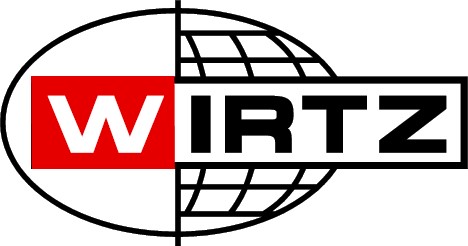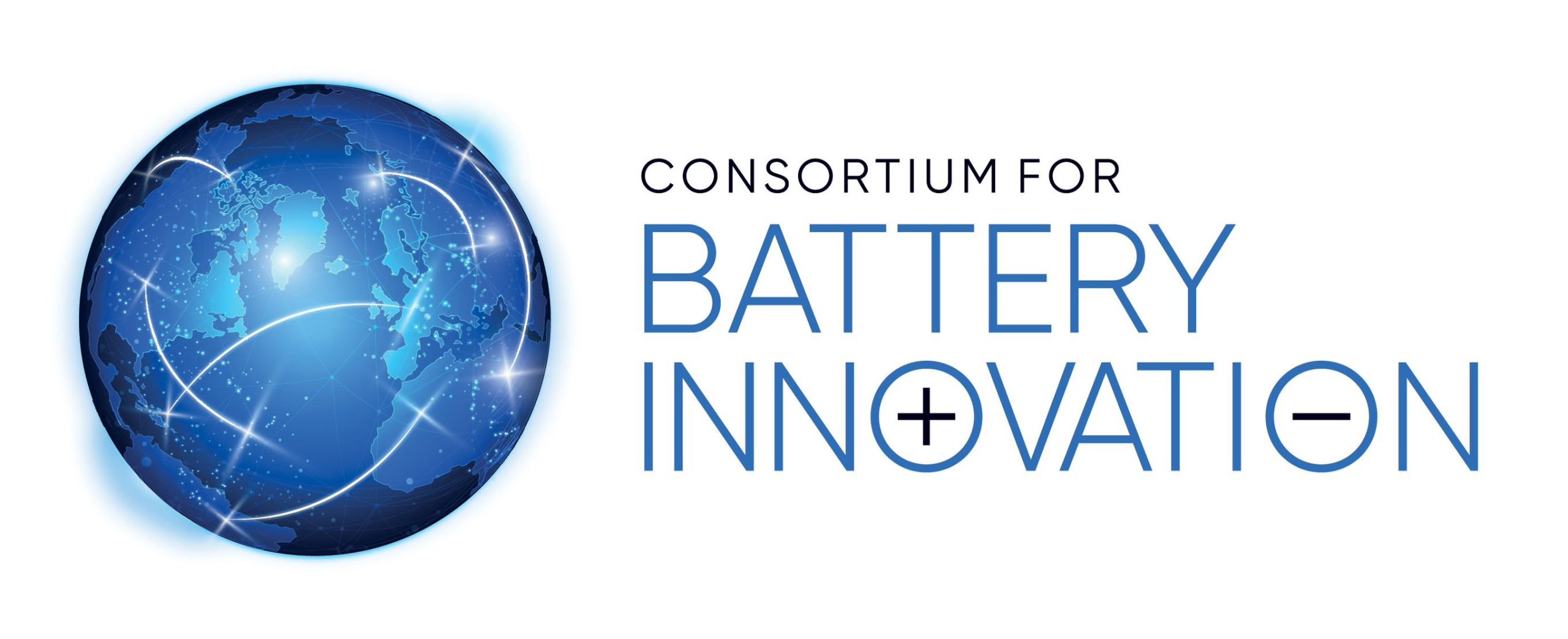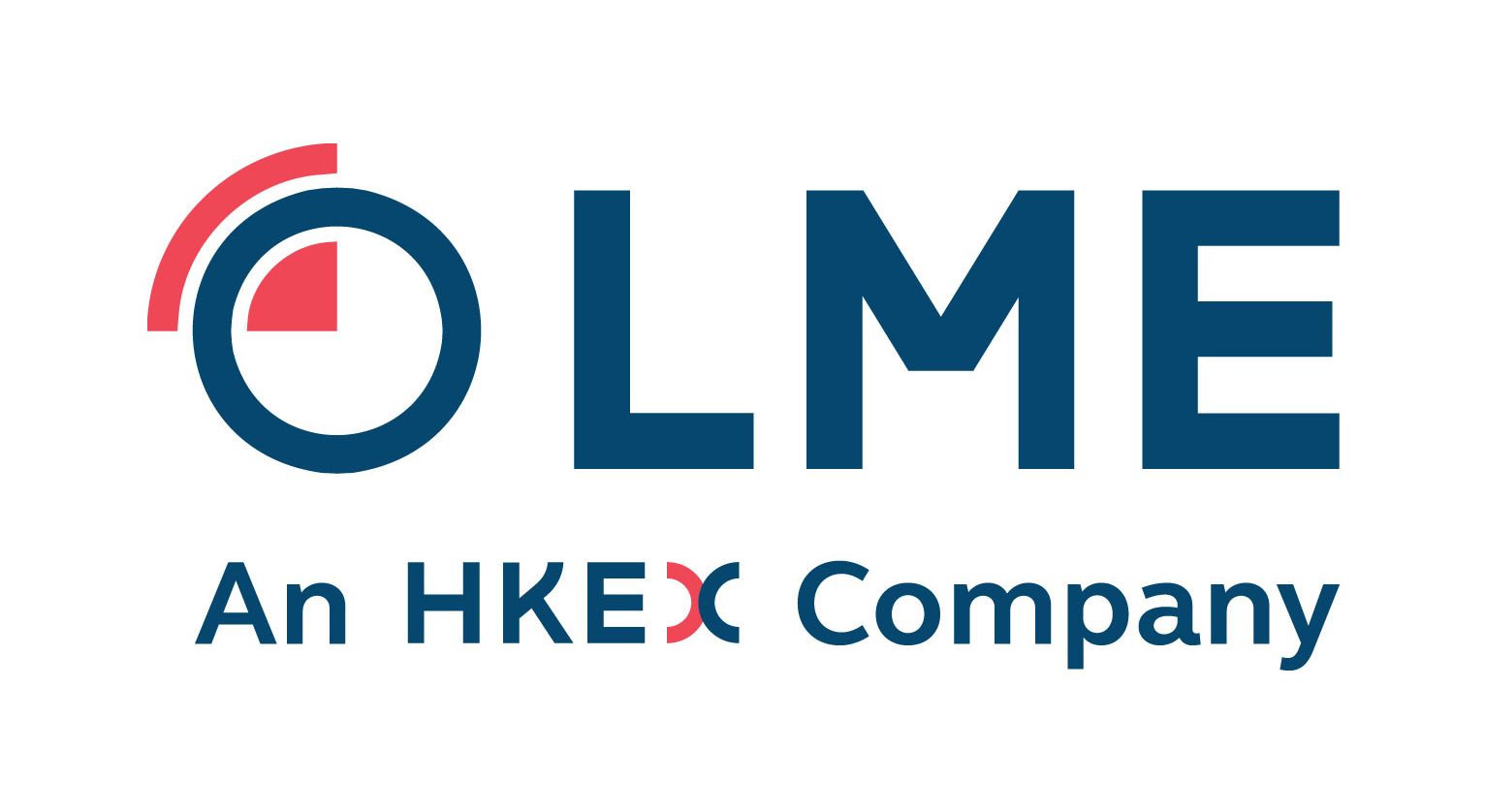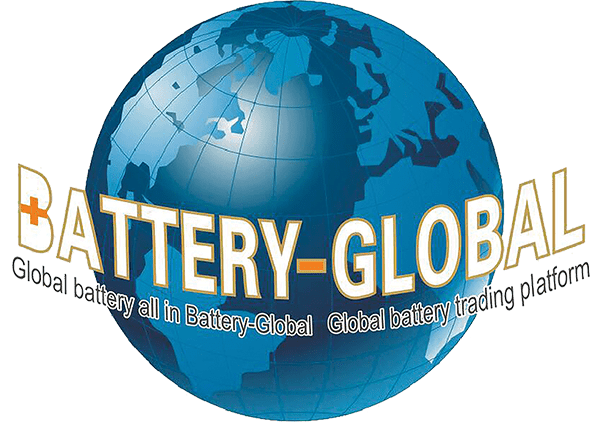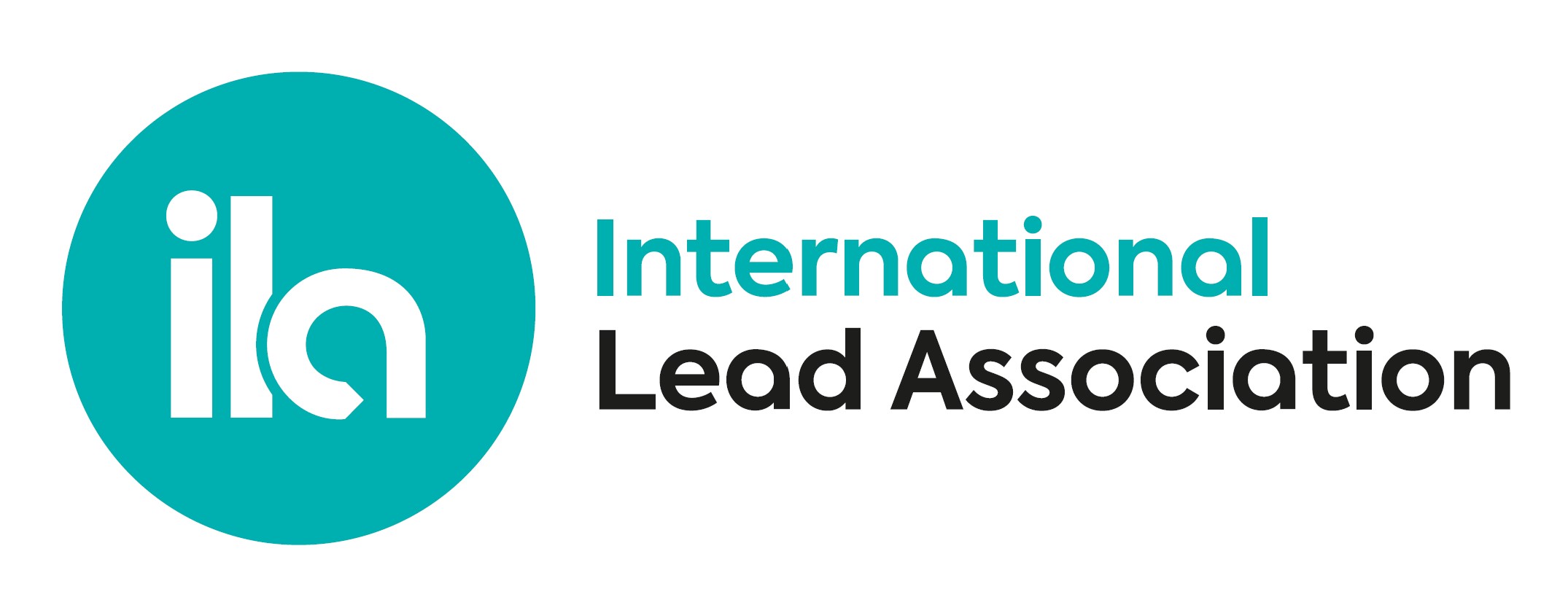Lead─acid batteries, the oldest battery technology, are found in a variety of applications such as starting lighting and ignition power sources for automobiles, small-scale power storage systems, and large grid-scale power systems. Lead recycling is very well organised with an extremely high recycling rate compared with any other metals. Globally, however, the number of electric vehicles (EVs) is exponentially on the rise every year. Lithium-ion batteries (LIBs) are the current choice for EVs given that their specific energy density is much higher than that of lead─acid batteries (LABs). Thus, the market share in the energy storage industry for LABs is gradually reducing.
Generally, the lifetime of LIBs is now limited to around 10 years. Therefore, it is likely that many waste EV batteries will soon be available for recycling. The environmental impact of recycling processes for LABs and LIBs is different and therefore requires quantified evaluation.
This presentation attempts to develop life-cycle assessment (LCA) models for both types of battery recycling technologies and compares their net carbon footprint of one unit of power despatched from battery systems.
Presenters
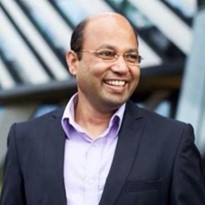
Nawshad Haque leads the Techno-economics for Decarbonisation Team at the Commonwealth Scientific and Industrial Research Organisation (CSIRO) in Melbourne. He has over 21 years R&D experience since completing a PhD in Chemical Engineering from the University of Sydney. Nawshad also leads several large international multiparty collaborative research projects. He is an elected Fellow of both the Australian Institute of Energy and the Australasian Institute of Mining and Metallurgy, as well as an adjunct academic at Swinburne, Monash and RMIT Universities.
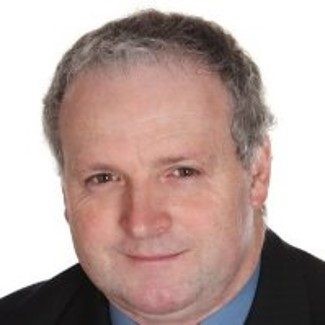
Mark Stevenson has been involved in the lead smelting and battery industry for the past 44 years. His career has covered all facets of primary and secondary lead research and production and battery development working in numerous roles over these years. He is currently the Technical Director for Global Lead Technologies consulting to many companies around the world on best smelting practices for lead. He holds numerous positions throughout the world including Chairman of the Asian Battery and Secondary Lead conferences.

David was educated as an electrochemist at Cambridge and received a PhD and ScD.
David joined CSIRO in 1969 to develop enhanced electrocatalysts for fuel cells. In 1977, he established CSIRO’s Battery Research Group and remained its leader until 2003.
He was CSIRO’s scientific advisor on hydrogen and renewable energy, until his retirement 2008. Since then, he has served CSIRO as an Honorary Research Fellow and as the Chief Energy Scientist of the World Solar Challenge.
David’s research has been recognized by the award of the Faraday Medal of the Royal Society of Chemistry and the Gaston Planté Medal.
